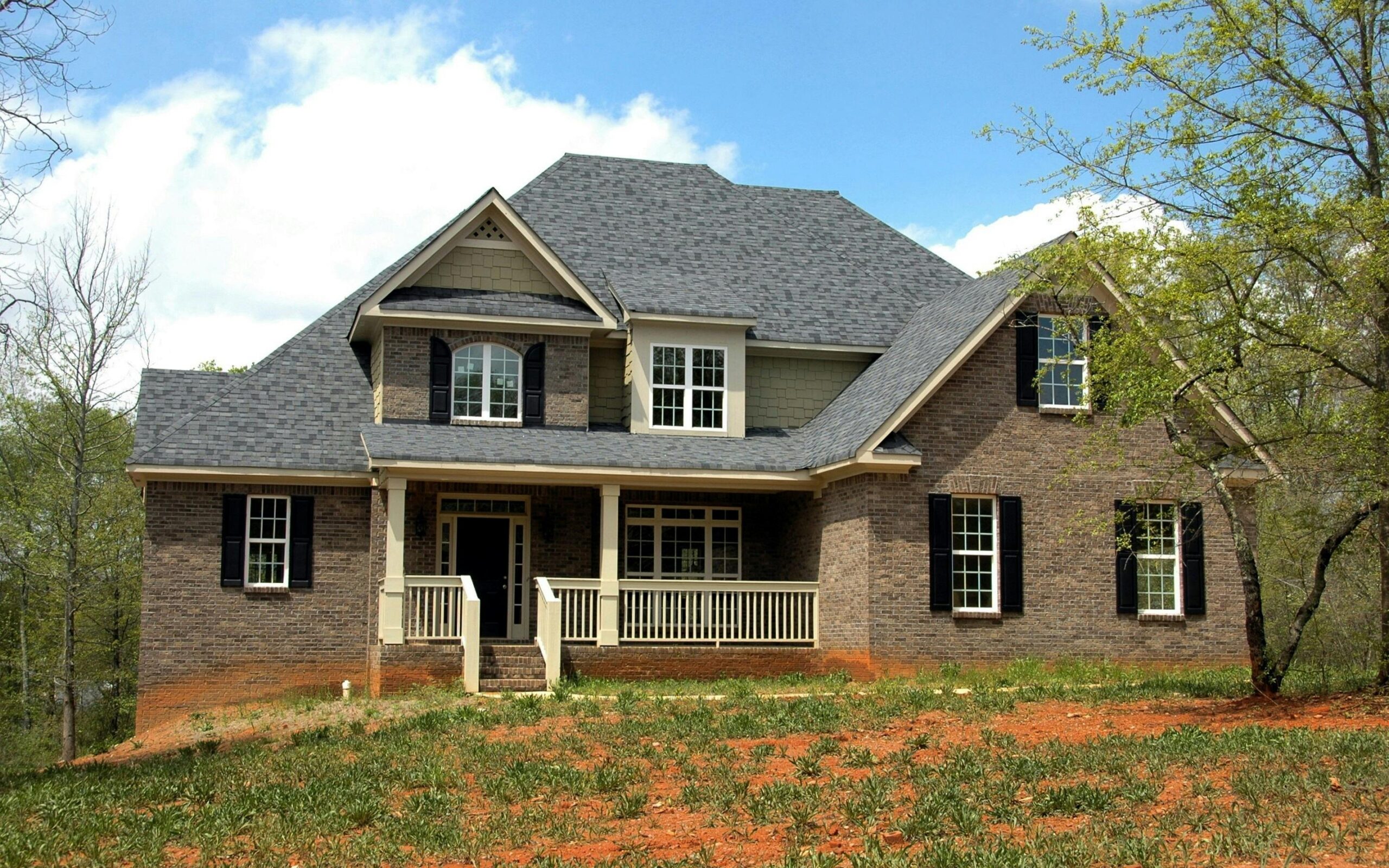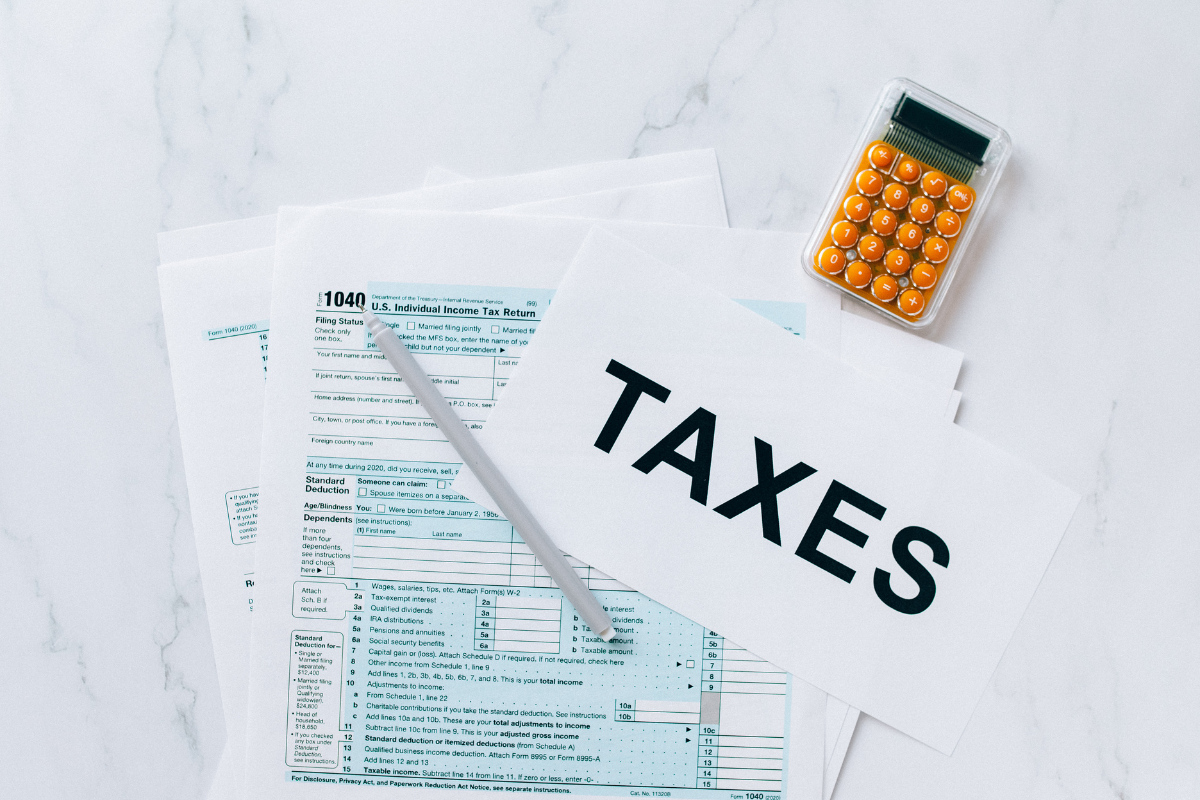Understanding Depreciation
Depreciation is a tax concept that allows property owners to deduct the cost of their rental property over its useful life. Essentially, it’s a way to account for the gradual wear and tear on your property. Instead of deducting the entire cost in the year you buy the property, depreciation spreads the deduction over several years, reflecting the property’s ongoing usage and decline in value.
For property owners, this can be a substantial tax saving. By reducing your taxable income, depreciation can lower the amount of tax you owe each year, making your rental property more profitable over time. It’s an essential tool for any property owner looking to maximize their financial returns.
There are different methods to calculate depreciation, but the most common ones are straight-line and accelerated depreciation. Straight-line depreciation spreads the cost evenly over the property’s useful life, while accelerated depreciation allows for larger deductions in the earlier years of ownership. Choosing the right method depends on your specific financial situation and goals.
Depreciation Life for Short Term Rental Properties
When it comes to short-term rental properties, the IRS has clear guidelines on how long you can depreciate your property. Typically, residential rental properties are depreciated over 27.5 years. This means you can deduct a portion of the property’s value each year for 27.5 years, which helps in spreading out the tax benefits.
The IRS requires that the depreciation period starts when the property is placed in service. This means the property must be ready and available to rent, not necessarily when you first buy it. Understanding this timing is crucial for accurate tax planning.
One key point to remember is the difference between residential and commercial properties. While most short-term rentals are considered residential, if you have a mixed-use property or one that’s used for commercial purposes, the depreciation schedule will be different. Commercial properties are typically depreciated over 39 years, reflecting their longer useful life and different usage patterns.
For short-term rental owners, it’s also important to consider how the property’s usage affects its depreciation. Frequent turnover and higher wear and tear can influence the depreciation schedule. It might mean more frequent repairs and replacements, which need to be factored into your tax planning. Understanding these nuances can help you maximize your tax benefits and ensure you’re not leaving money on the table.
Depreciation isn’t just about the building itself. You can also depreciate certain improvements and additions to the property, like new appliances, furniture, and even landscaping. These items typically have shorter depreciation lives, allowing you to recover their costs more quickly. By keeping detailed records and understanding the various depreciation rules, you can make the most of these deductions and improve your property’s profitability.
How to Claim Depreciation on Rental Property?
Claiming depreciation on your rental property involves a few straightforward steps. First, you need to determine the property’s basis. The basis is usually the purchase price plus any acquisition costs, such as legal fees, recording fees, and other costs associated with buying the property. This total amount forms the initial value from which you will calculate depreciation.

Next, you must allocate the basis between the land and the building. This step is crucial because land itself is not depreciable, only the building and its improvements are. To do this, you can use the assessed values from your property tax statement or an appraisal. For instance, if the property tax statement shows the land is valued at 20% of the total property value, then 80% of the purchase price will be allocated to the building for depreciation purposes.
Once you have these figures, you can start calculating your annual depreciation. For most residential rental properties, you will use the straight-line method over 27.5 years. This means you divide the depreciable basis of the building by 27.5 to determine your annual depreciation deduction. For example, if the building’s depreciable basis is $275,000, your annual depreciation deduction would be $10,000.
You’ll report this annual depreciation on IRS Form 4562, which is included with your tax return. This form will guide you through the process of reporting your depreciation deduction, ensuring you comply with all IRS requirements. It’s important to keep detailed records of all this information, as the IRS may require you to substantiate your depreciation claims.
Short Term Rental Depreciation Life
Short-term rentals, like those listed on platforms such as Airbnb, have some unique considerations when it comes to depreciation. One of the key differences is the impact of usage patterns on the property’s wear and tear. Short-term rentals often experience higher turnover rates and more frequent use than traditional long-term rentals. This increased usage can lead to faster wear and tear, necessitating more frequent repairs and replacements.
Despite this higher usage, the depreciation life for the property itself remains the same: 27.5 years for residential rental property. However, individual components of the property, such as appliances, furniture, and other improvements, may have shorter depreciation lives. For example, appliances and furniture can often be depreciated over five to seven years. Keeping track of these items and their depreciation schedules can help you maximize your tax benefits.
Another important consideration for short-term rentals is the concept of “placed in service.” For a property to be considered placed in service, it must be ready and available for rent. This means all necessary repairs, furnishing, and preparations must be complete, and the property should be listed for rent. Understanding this timing is crucial because it determines when you can start claiming depreciation.
Airbnb Depreciation
Airbnb hosts need to pay special attention to depreciation because of the unique nature of short-term rentals. The frequent turnover and varying lengths of stay can impact how you manage your property and its depreciation. One key factor is the frequent need for maintenance and updates due to the higher guest turnover, which can lead to more deductions over time.
When it comes to depreciation, Airbnb properties are treated like any other residential rental property. However, the frequent use and higher wear and tear mean that you might be replacing furnishings and appliances more often. These replacements can be depreciated over their own shorter useful lives, providing additional tax deductions.
To optimize depreciation for an Airbnb property, it’s essential to keep meticulous records of all expenditures, including purchase prices and dates for new appliances, furniture, and other improvements. Each of these items can be depreciated separately, allowing you to maximize your tax benefits.
Another tip for Airbnb hosts is to consider cost segregation. This is a method where you break down the property into its individual components, each of which may have a different depreciation life. For example, you might separate the building structure, plumbing systems, electrical systems, and interior fixtures. By doing this, you can accelerate the depreciation on certain parts of the property, leading to larger deductions in the early years of ownership.

Advanced Depreciation Strategies
While basic depreciation is a powerful tool, there are advanced strategies that can help you maximize your tax benefits even further. One of the most effective strategies is cost segregation. This involves breaking down your property into individual components, each with its own depreciation schedule. For example, instead of depreciating your entire property over 27.5 years, you might depreciate the building structure over 27.5 years, the plumbing and electrical systems over 15 years, and certain fixtures and appliances over 5 to 7 years. This approach accelerates your depreciation deductions, leading to larger tax savings in the earlier years of ownership.
Another valuable strategy is leveraging the Section 179 deduction. This provision allows you to immediately expense certain property improvements and equipment, rather than depreciating them over several years. For short-term rental owners, this can be particularly useful for large purchases like furniture, appliances, or even security systems. By taking the full deduction in the year of purchase, you can significantly reduce your taxable income.
Bonus depreciation is another tool in your arsenal. Currently, you can take 100% bonus depreciation on qualified property in the first year it’s placed in service. This means you can deduct the entire cost of certain improvements right away, rather than spreading it out. This is especially beneficial for short-term rental properties that require frequent updates and replacements.
Common Mistakes to Avoid
While depreciation offers substantial tax benefits, it’s essential to avoid common mistakes that can lead to issues down the road. One major pitfall is incorrect valuations. Make sure you accurately determine the value of the land and the building separately, as only the building and its improvements are depreciable.
Another mistake is improper documentation. Keep detailed records of all property expenses, improvements, and depreciation calculations. This documentation is crucial if the IRS ever questions your deductions. Regularly review and update your depreciation schedules to reflect any new improvements or changes to the property.
Failing to update depreciation schedules is another common error. Any time you make significant improvements or purchase new assets for your property, you need to adjust your depreciation calculations accordingly.
Keeping these schedules up to date ensures you’re claiming the maximum allowable deductions.
Autohost’s Insights and Tools
Managing a short-term rental property involves many moving parts, and keeping track of depreciation can be challenging. That’s where Autohost comes in. Autohost offers a suite of tools to help streamline your property management.
Autohost’s features also enhance operational efficiency and security, helping you manage your property more effectively. From screening guests to automating check-ins, these tools can save you time and help you avoid common pitfalls in property management.
Ready to get started? Review your depreciation schedules today and see where you can make improvements.
